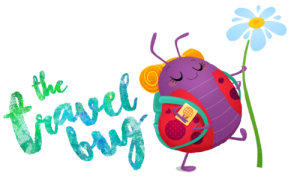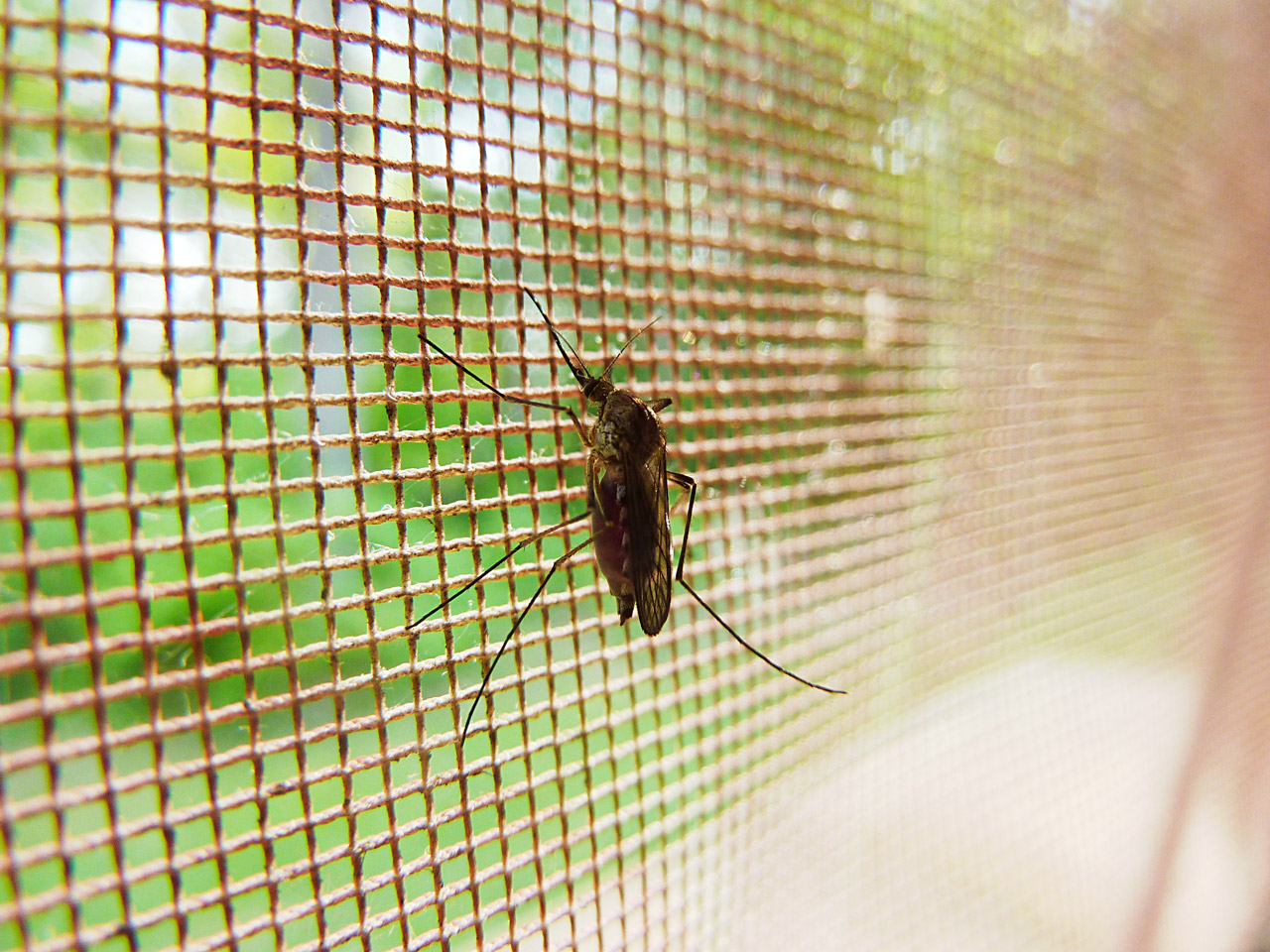I felt like once I got to South America I wasn’t the only one who wanted to do the snacking. Whether it was spiders, bed bugs, ants, fleas, the occasional bat, or MOSQUITOES, everything wanted to eat me.
The threat is real people!!!!!
Mosquitoes are the bane of every traveler’s existence. Not only do they cause those nasty, itchy welts, but they can also kill you with one little bite. Mosquitoes are considered the deadliest “animal” in the world. The Anopheles mosquito, in particular, is the most dangerous because it transmits Malaria, which kills more than one million people every single year! I found it very interesting to find out that only female mosquitoes bite people. Females need the protein in blood to help their eggs develop. The average mosquito’s lifespan is less than two months but under ideal conditions, females lay eggs about every THREE days. No wonder why she bites!
What is Malaria?
Malaria occurs as a result of a bite from an infected Anopheles mosquito, a mosquito infected with Plasmodium parasites.
Following a bite, the parasites enter the person’s bloodstream and quickly migrate to the liver, where they rapidly multiply before re-entering circulation to invade the red blood cells. There, they continue to multiply until the cells burst, releasing large numbers of parasites back into the blood. It is the sudden release of vast numbers of parasites that causes the classic high fevers associated with malaria.
Symptoms usually appear 10 days to 4 weeks after infection though some people start to feel ill as much as a year later. People tend to experience flu-like symptoms such as chills, headache, muscle aches, and tiredness. Nausea, vomiting, and diarrhea may also occur. Malaria may cause anemia and jaundice (yellow coloring of the skin and eyes) because of the loss of red blood cells. If not promptly treated, the infection can become severe and may cause kidney failure, seizures, mental confusion, coma, and death. If you have been traveling and experience any of these symptoms, seek medical attention right away.
How to combat the vampires!????
1: Insect Repellent-
DEET is a traveler’s best friend even though the chemical is known to melt plastic. 30% DEET is known to repel insects for 4-6 hours. I often only sprayed it on my clothes and then used this great cream called Ultrathon Insect repellent for any skin that was showing. I would say no matter what chemical you choose, wash it off as soon as you can!
Note: Make sure you apply Ultrathon before your sunscreen.
Garlic and Lemon: You are probably laughing right now but after staying in the rainforest, I learned that the local indigenous people mix garlic and lemon and cover their bodies in it. It also makes a great salad dressing!
Permethrin: This product was developed especially for application to clothing. Permethrin bonds to clothing where it remains repellent to insects. Reports vary as to how long treated clothes remain repellent –2 weeks to 6 months (5-20 detergent washings).
How do I apply Permethrin?
-One can of Permethrin will treat several outfits – shirts, shorts, and socks.
-Spread out all of the clothes to be treated on a flat surface. Hold the can approximately 12 inches away from the clothing. Spray the clothing using sweeping motions until the clothing is moist. Pay close attention to cuffs and collars. Turn the clothes over and repeat the process. Hang up the clothes and allow them to dry thoroughly.
-Repellent properties will last longer if clothes are sealed in a resealable plastic bag until use.
-Treat mosquito nets in the same manner as above.
2: Mosquito Nets-
If you plan on sleeping outside, a mosquito net is a must! I swear just being inside of this little cocoon will make your sleep so much more peaceful. Not to mention, when you wake up in the morning you can see some of the creatures caught in the net that were trying desperately to eat you.
Most places in the rainforest will provide you with a mosquito net. It’s never a bad idea to purchase one ahead of time that is pre-treated with permethrin, but it’s also something you can pick up on your travels.
3: Long-sleeved, light colored, loose clothing and socks-
The last thing I wanted to do was wear long sleeves and pants in 90-degree weather with %100 humidity…in fact, I didn’t want to wear any clothes at all!! Alas, walking around in my birthday suit (though tempting) might have been terribly awkward since I am not on this season of Naked and Afraid and being covered makes it much more difficult for the skeeters to make you their favorite dinner guest.
Another “hot” fashion trend is sticking your pants into your socks. At first I thought I was too cool for this trend but quickly learned that my ankles are prime mosquito real estate. I quickly adopted the style and was very thankful that I did.
Lastly, dress in light colored, loose clothing because not only do skeeters see dark objects more easily than light, but they use smell and heat to find their blood meal and you are more likely to get sweatier in dark clothing.
4: Anti-malarials-
Due to growing immunity from mosquitoes, different tablets work best in different areas of the world. These are the five main anti-malarial tablets you’ll be likely to be prescribed.
Chloroquine – Start one week before travel and continue for 4 weeks after you return. Can be taken for periods exceeding 5 years. Can cause nausea and mouth ulcers.
Paludrine – Start one week before travel and continue for 4 weeks after you return. Can be taken for periods exceeding 5 years.
Mefloquine – Start 2.5 weeks before travel and continue for 4 weeks after you return. Can be taken for up to one year.
Doxycycline — Doxycycline is recommended to be used in Southeast Asia and in chloroquine-resistant areas. You should start taking the tablets (100mg a day) 2 days before you arrive and continue taking them for 4 weeks after you leave the area. Doxycycline can be taken up to 6 months and usually have very few side-effects. It can make you very prone to sunburn and it’s recommended you don’t sunbathe whilst taking these.
Malarone – Start 2 days before travel and continue for one week after your return. Can be taken for up to one year.
Hopefully this article was helpful for all your mosquito needs. And now to quote Lil John “ah skeet, skeet, skeet, God Damn!” Sorry, I couldn’t help myself.
“If you think you are too small to make a difference, you haven’t been in bed with a mosquito.” African Proverb

